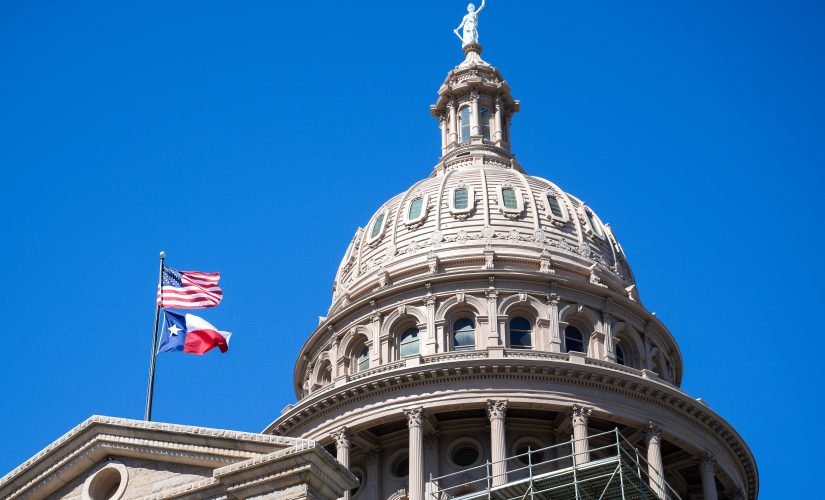US primary elections begin next week, and state legislatures are scrambling to enact laws that will prevent, or at least limit, the impact of artificial intelligence (AI) and AI-generated deepfakes, reports the New York Times.
After a shock result in the Slovakian election late last year, possibly a result of an AI-generated fake recording of a candidate buying votes, lawmakers elsewhere in the world are taking steps to prevent this from happening in their countries. The USA, the UK, India, and various EU countries all have elections this year, so getting a handle on the issue of AI is critical.
At present, only five states have enacted legislation on AI and deepfakes: Texas, Minnesota, Washington, California, and Michigan. However, 12 other states have introduced bills, with more sure to follow. Where legislation is in place, there has been strong bipartisan support.
There has also been some effort to introduce bills at a federal level, including a bipartisan collaboration between Democrat Amy Klobuchar of Minnesota, and Republican Josh Hawley of Missouri. The president of Public Citizen (a consumer advocacy group) Robert Weissman said to NYT “It’s one thing to rebut a lie or a mischaracterization, but to rebut a convincing video or recording of you saying something, what do you do? That’s why we’re seeing this breadth of interest.”
What do the laws against AI do?
The landscape of legislating ads, particularly political ones, is fraught, due to concerns about the First Amendment. Legislators do not want to invite challenges with harsh, prescriptive laws.
As a result, instead of completely banning fake or misleading AI ads, legislators are focusing on enforcing disclosure. Any generated or manipulated ad will require legible text or audio that states that they have been created by AI.
Many of these laws will apply only to ads that are released in the 90 days before an election.
In Kentucky, even first-time violators will be subject to felony charges with up to five years in prison, which differs from most states which prefer fines. Republican State Representative John Hodgson said that a fine of several hundred or thousand dollars would not be sufficient to deter people.
Featured image: Andrew Patrick/Pexels





